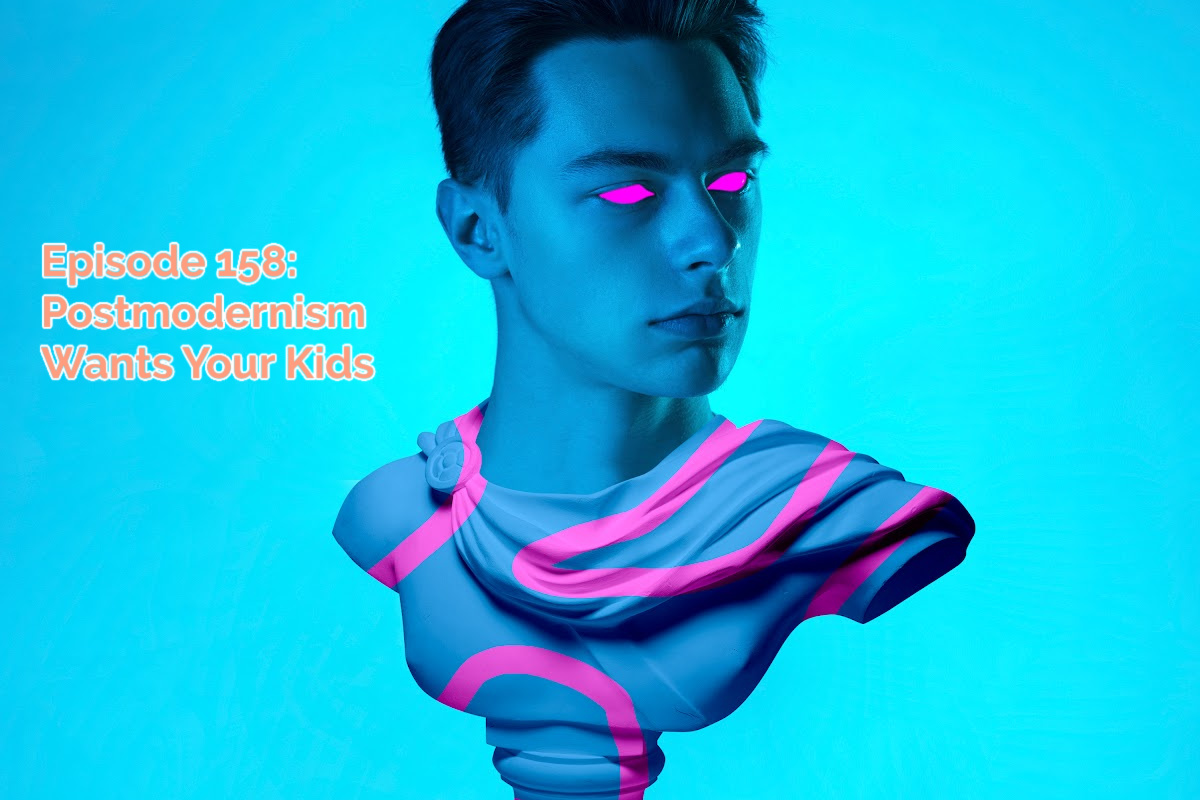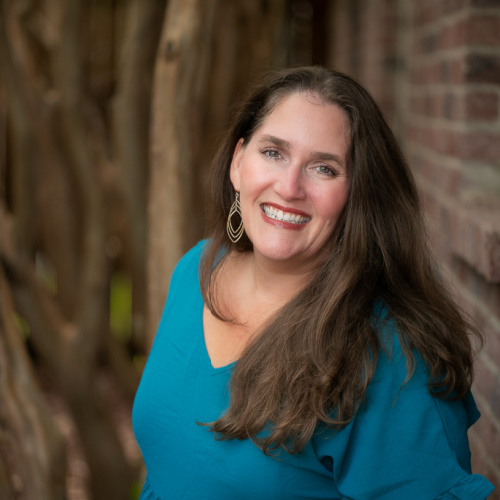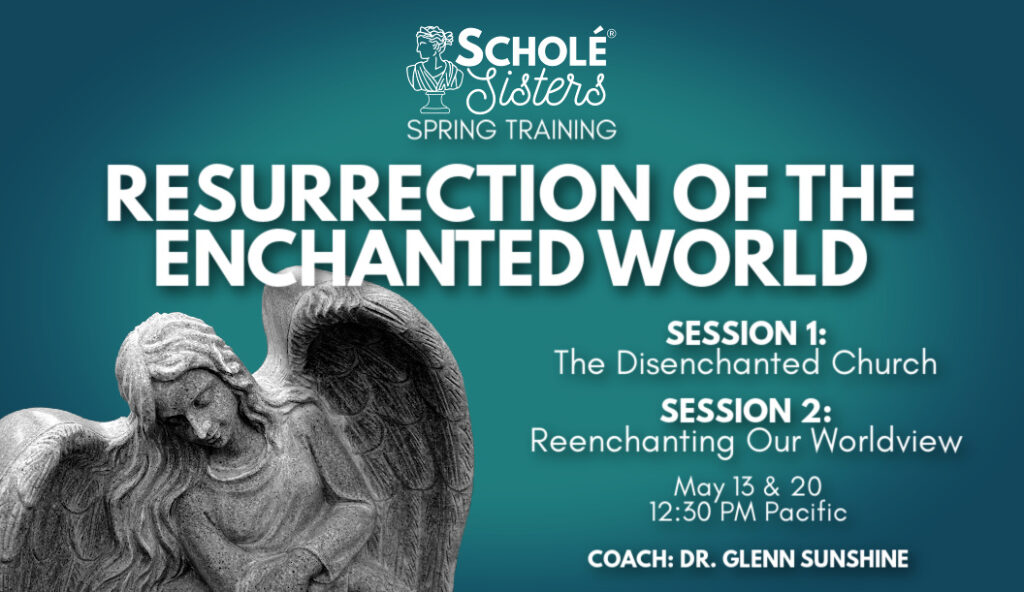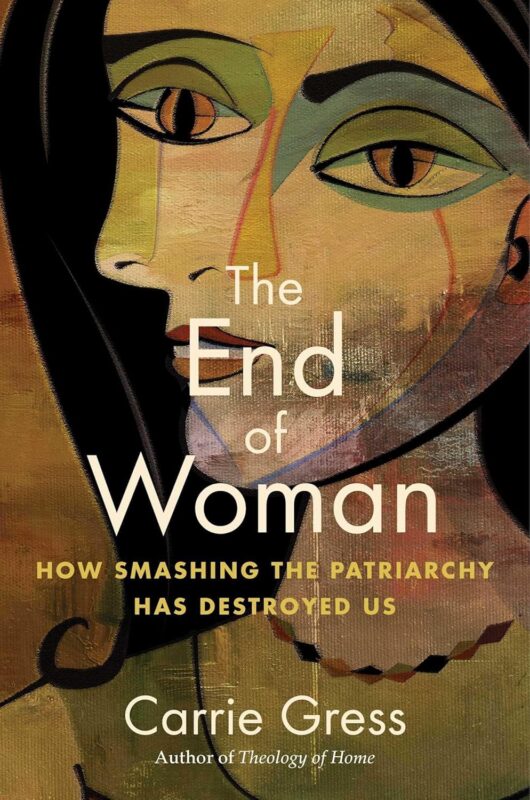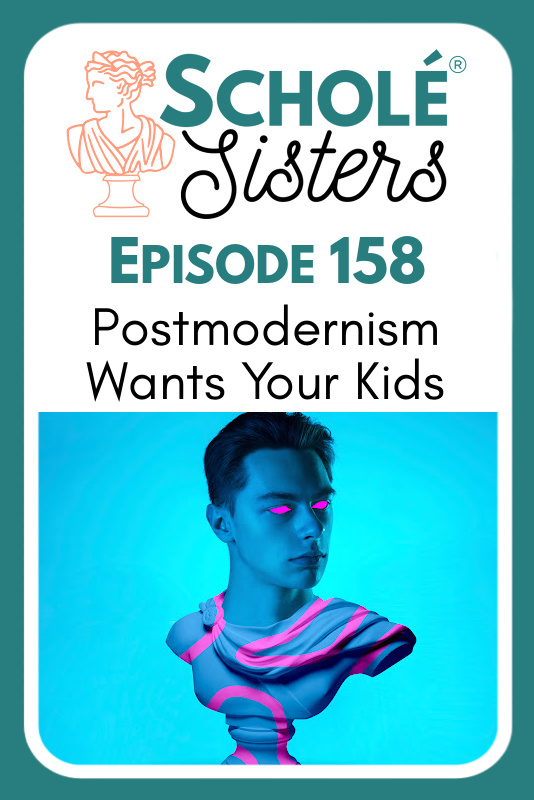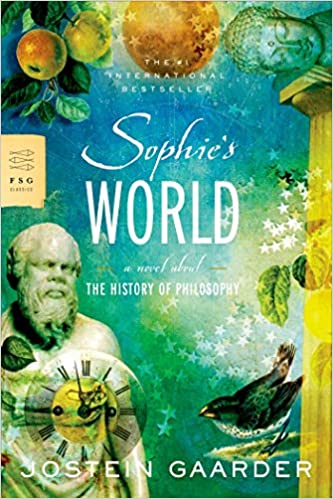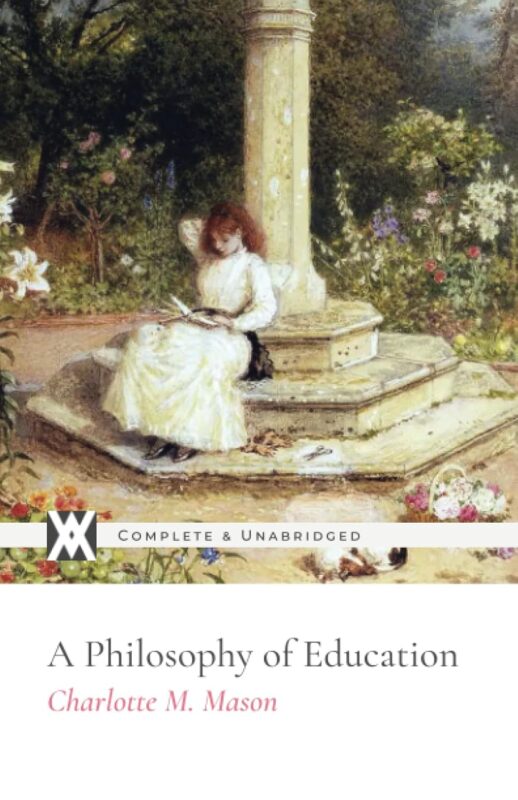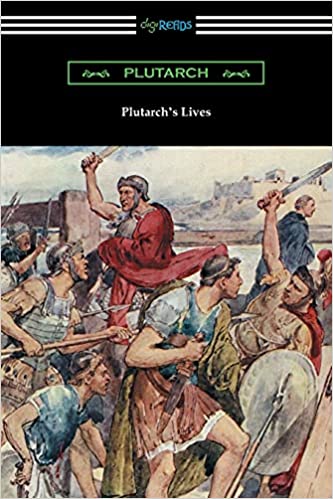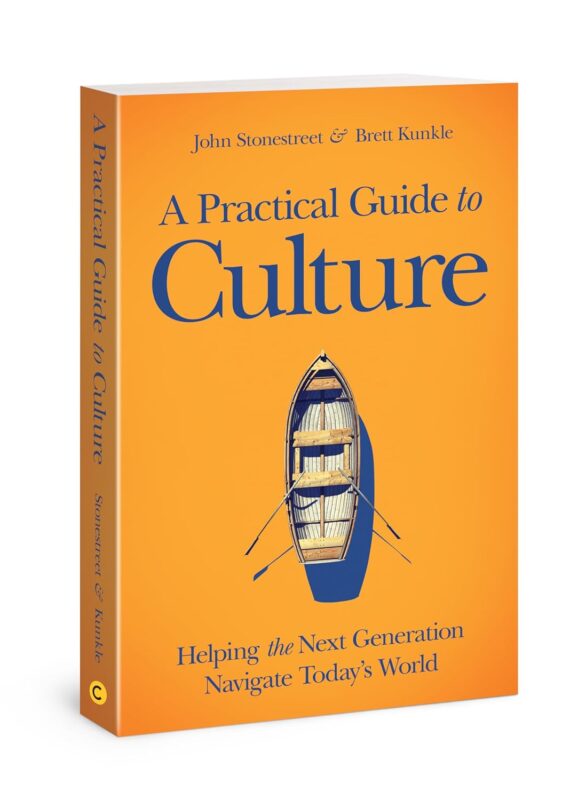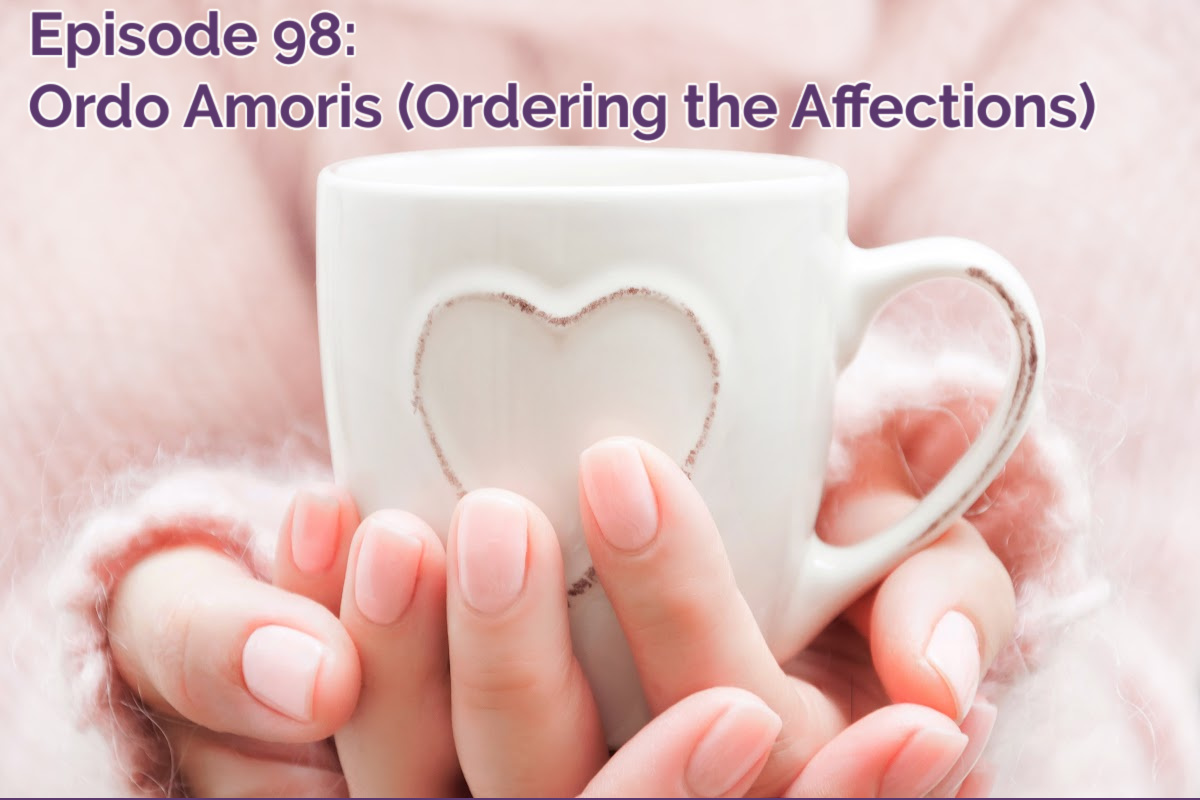SS#158 – Postmodernism Wants Your Kids
Postmodernism is a worldview that denies the existence of objective truth and fixed meaning. It asserts that knowledge is constructed, not discovered, and that meaning is determined by individuals or cultures rather than grounded in reality.
It replaces certainty with skepticism, logic with relativism, and authority with self-expression. In education and culture, this shows up as the idea that everyone has their own truth, that no single narrative should be privileged, and that identity is fluid and chosen.
This environment doesn’t lead to clarity. It leads to confusion. Children growing up in this climate are not only bombarded by competing ideas, but are also subtly conditioned to distrust order, coherence, and authority.
To equip them for the cultural moment, we must train both their minds and imaginations. Modernism is no longer the dominant cultural force shaping our world—postmodernism is. And if Christian homeschoolers fail to recognize that shift, we will prepare our children for the wrong battle.
Postmodernism Is Here
Today’s Hosts
Take the class:
Scholé Every Day: What We’re Reading
To Kill a Mockingbird by Harper Lee
Abby makes fun of Mystie for not reading this classic yet.
The End of Woman: How Smashing the Patriarchy Has Destroyed Us by Carrie Gress
Mystie read and loved this journalistic historic account of the development and internal consistency of feminism.
Little Men by Louisa May Alcott
Brandy read this with the teachers she’s responsible for developing and training.
Modernism is dead
Modernism prized rationalism, materialism, and the belief that human reason could solve all problems. It minimized or denied spiritual reality and elevated scientific progress as the highest good. But after the horrors of two world wars, the rise of totalitarian regimes, and the failure of human utopias, modernism lost its credibility.
Postmodernism emerged in its place. Unlike modernism, postmodernism does not offer a new structure or vision for the world—it denies that one can exist. It rejects the idea of absolute truth, insists that meaning is subjective, and dismantles inherited narratives. Identity, morality, even language itself are considered fluid.
Normalizing the paranormal
Many Christian homeschoolers are still fighting the battles of modernism. We teach apologetics as if rational argument will win hearts. We assume that if our kids can defend their faith with logic, they’ll stand firm. But the culture they are stepping into is not asking for proofs—it is questioning whether truth exists at all.
We’ve seen this play out in real life. In one homeschool classroom, students were surprised to learn that mediums and occult practices in ancient texts were real—and forbidden—not because they were fake, but because they were dangerous. Their instinct was to assume anything supernatural must be pretend. That’s modernist thinking: only the material world is real.
But now, the cultural drift is no longer away from the supernatural—it’s toward the wrong kind. Postmodern culture embraces crystals, manifesting, ayahuasca, techno-paganism, and more. It doesn’t reject the spiritual realm—it mishandles it.
Hold firmly to True Truth
Kids today are growing up in a world where personal experience trumps objective truth. “Live your truth” is not just a slogan—it’s a worldview. If something feels good or meaningful to someone, it must be valid. Even questioning that experience is considered intolerant or oppressive.
This plays out in everything from gender identity to business coaching to health advice. Meditation apps, manifestation rituals, and New Age spirituality show up in mainstream conversations. Christian parents may not notice at first—but their children will be swimming in it.
If we train our children with only arguments and facts, we’re arming them for a debate that isn’t happening. They’ll show up with sharpened logic, only to be dismissed as arrogant for claiming anything can be known with certainty. That’s not a failure of logic. It’s a failure to understand the nature of the cultural moment.
Prepare for Postmodernism
The solution isn’t panic. It’s clarity. We don’t need to become experts in postmodernism. We need to form faithful Christians who know how to live and speak in the truth—truth that is not just a concept but a Person.
Here’s where we begin:
Cultivate community: Postmodernism isolates. It tells people no one can understand them. But Christ builds a body. Our children need strong relationships in the local church and the home to anchor them in real community.
Recognize enchantment: A biblical worldview includes spiritual realities. Angels and demons are real. Prayer is powerful. God governs providentially. We need to reclaim this vision—not avoid it.
Teach logic for internal clarity: Not to win debates, but to train ordered thinking. Logic is still essential, not as a cultural weapon but as a tool of discipleship.
Read and discuss stories: Stories shape the categories our children use to interpret the world. When they read about good and evil, heroism and temptation, they gain a moral imagination that helps them recognize truth and falsehood.
Model engagement, not fear: We must be willing to ask questions, name what’s false, and explain why—without falling into either avoidance or obsession.
Modernism tried to deny the spiritual. Postmodernism embraces it—but without discernment. If we want to prepare our children to stand firm and shine brightly, we must equip them for the real challenges they’ll face.
We start with understanding the world they’re entering and giving them categories grounded in Scripture, reinforced by story, and lived out in faithful Christian community.
Mentioned in the Episode
Listen to related episodes:
SS#152: School Choice – Freedom Isn’t Free
SS #104 – Political Rehab (with lawyer Brett Stroud)
SS #98: Ordo Amoris – Ordering the Affections
SS #97: Men Without Chests
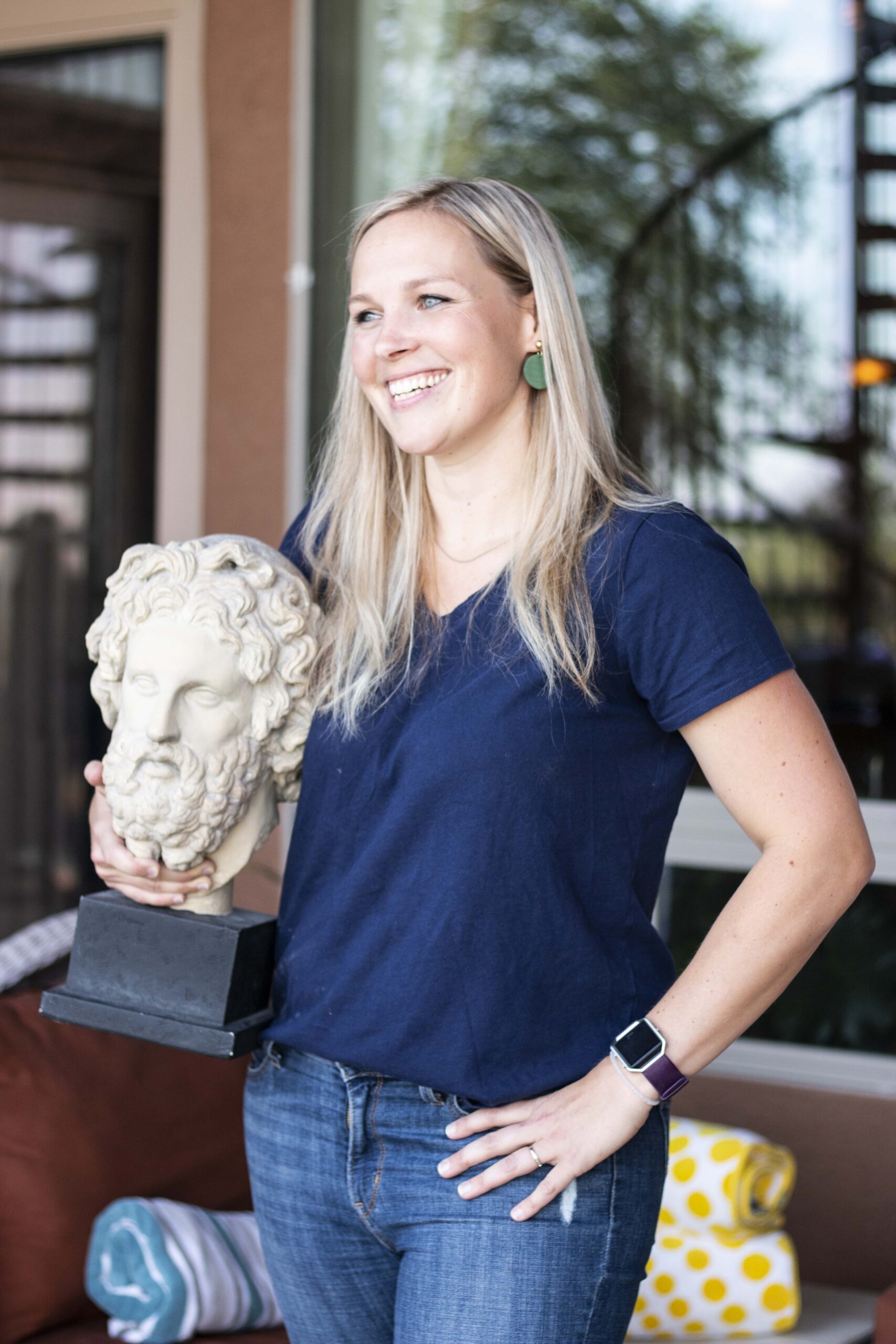
Be a part of the conversation!
Discuss this podcast with other moms inside Sistership.

